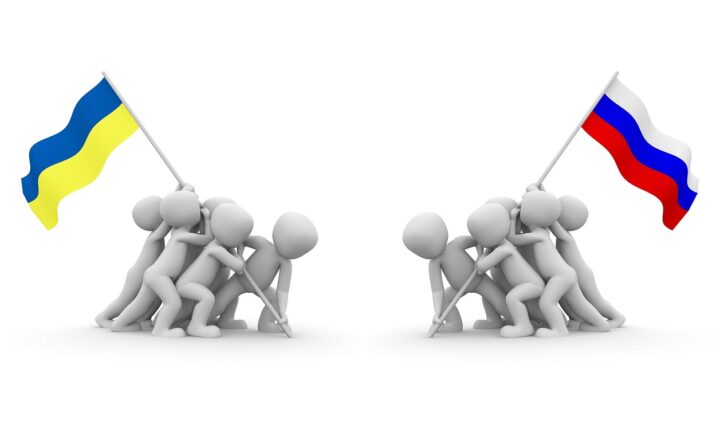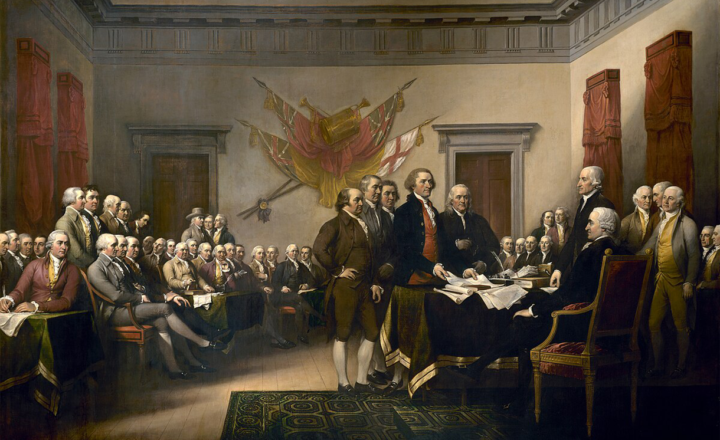
History is often viewed through the lens of grand narratives and celebrated victories, but beneath the surface lies a rich tapestry of lesser-known conflicts that have significantly shaped the world as we know it today. These conflicts, though not always etched into the historical record or widely discussed, hold immense importance in understanding societal structures, cultural shifts, and international relations. This article delves into some of these unseen battles of history, exploring their causes, implications, and enduring legacies.
1. The Battle of Stalingrad (1942-1943): Turning the Tide in the East
The Battle of Stalingrad is often heralded as a turning point in World War II, a brutal confrontation between Nazi Germany and the Soviet Union. Lasting from August 1942 to February 1943, this battle was marked by fierce urban warfare and relentless combat, resulting in significant military and civilian casualties.
Not only did the Soviets encircle and defeat the German Sixth Army, but the battle also showcased the resilience and tenacity of the Soviet military. The victory at Stalingrad stymied the German advance into the Soviet Union and began a series of Soviet offensives that would eventually lead to the fall of Berlin in 1945. This battle not only reshaped the landscape of Europe but also had profound psychological implications that affected both Axis and Allied forces.
2. The Taiping Rebellion (1850-1864): A Civil War That Altered China
The Taiping Rebellion remains one of the deadliest conflicts in history, with estimates of casualties ranging from 20 to 30 million. It was a massive civil war in southern China led by Hong Xiuquan, who believed he was the younger brother of Jesus Christ. The rebellion aimed to overthrow the Qing Dynasty and establish the Taiping Heavenly Kingdom.
The conflict not only highlighted the socio-economic turmoil within China but also set the stage for future reform movements. The repression of the rebellion resulted in significant shifts in the social fabric, weakening the Qing Dynasty and setting the groundwork for modernization efforts in the late 19th and early 20th centuries, influencing China’s trajectory into the modern era.
3. The War of the Triple Alliance (1864-1870): A Devastating Conflict in South America
Often overshadowed by other global conflicts, the War of the Triple Alliance saw Paraguay facing off against Brazil, Argentina, and Uruguay. This war resulted in catastrophic loss for Paraguay, with estimates suggesting it lost around 60% of its population.
Although Paraguay was left severely weakened, the war altered the balance of power within South America, paving the way for Brazil’s emergence as a dominant force in the region. The conflict also showcased the devastating effects of war on civilian populations, highlighting the importance of political alliances and the often-overlooked impact of international relations in shaping national destinies.
4. The Sino-Japanese War (1937-1945): The Impact on China and Japan
The Second Sino-Japanese War, often considered a part of WWII, had profound implications for both China and Japan. The war was marked by brutal conflicts, including the infamous Nanjing Massacre, where an estimated 200,000 to 300,000 Chinese were killed.
This conflict was pivotal in the struggle for Chinese unification and resistance against foreign invasion. The war helped solidify the Chinese Communist Party’s position within China, leading to the eventual victory of the Communist forces in the Chinese Civil War. For Japan, the war marked the beginning of its militaristic expansion which would later contribute to its downfall at the end of WWII, significantly altering the region’s political landscape.
5. The Pastry War (1838-1839): A Quirky Conflict Between France and Mexico
One of the more bizarre conflicts, the Pastry War arose from a French pastry chef’s grievances over the looting of his shop in Mexico. The French government demanded compensation, leading to a series of events that escalated into a full-fledged conflict between Mexico and France.
Although the war lasted less than a year and resulted in minimal military engagements, it marked a significant moment in Mexican history. The conflict helped solidify nationalist sentiments in Mexico and fueled anti-French sentiments that would resonate in later foreign policies, showcasing how even mundane disputes can escalate into larger geopolitical issues.
6. The Boshin War (1868-1869): The Samurai’s Last Stand
The Boshin War was a civil war in Japan that marked the end of the Tokugawa shogunate and the restoration of imperial rule under Emperor Meiji. This conflict showcased the clash between the traditional samurai class and the modernization trends sweeping Japan.
The war signaled the emergence of modern Japan, as the new government undertook rapid industrialization and Westernization. The Boshin War transformed Japan into a global power and set the stage for its future expansionist policies in the late 19th and early 20th centuries, significantly impacting international relations in the Pacific.
Conclusion: Understanding Historical Conflicts Beyond Major Battles
These unseen battles of history reveal that conflicts are not merely footnotes in national narratives; they are pivotal moments that shape the trajectory of nations and the lives of millions. By exploring lesser-known conflicts, we gain a more nuanced understanding of history, recognizing that each struggle contributes to the complex mosaic of global developments.
As we continue to study these conflicts, it is crucial to appreciate their far-reaching consequences and understand how they inform present-day geopolitics, cultural identities, and social transformations.
From leaders who emerge in the wake of conflict to the involvement of civilians in warfare, the lessons drawn from these unseen battles serve as a reminder of our shared human experience in navigating strife and seeking resolution through understanding. In understanding history, we not only commemorate victories but also acknowledge the struggles that contribute to the ongoing narrative of the human condition.






